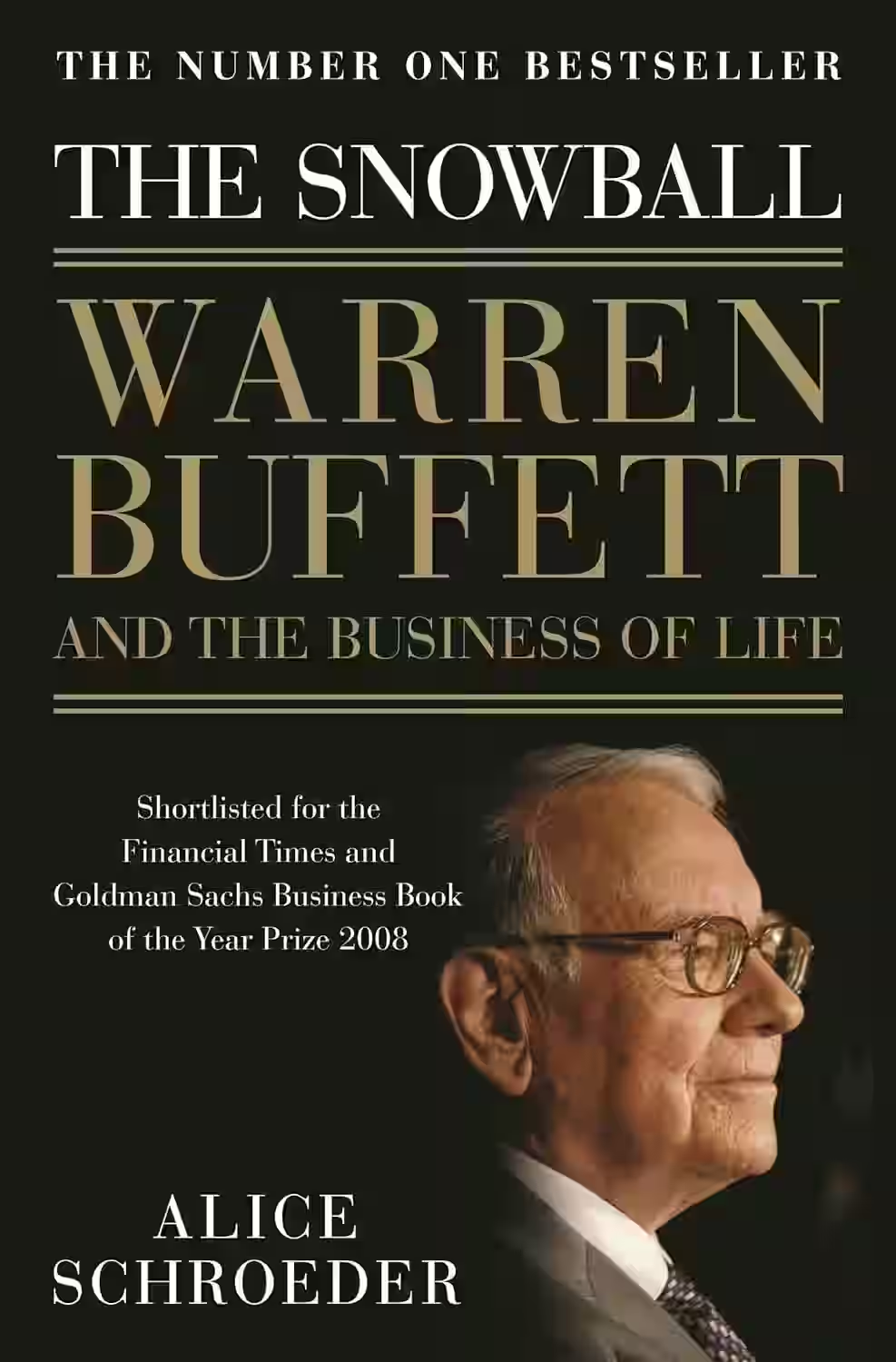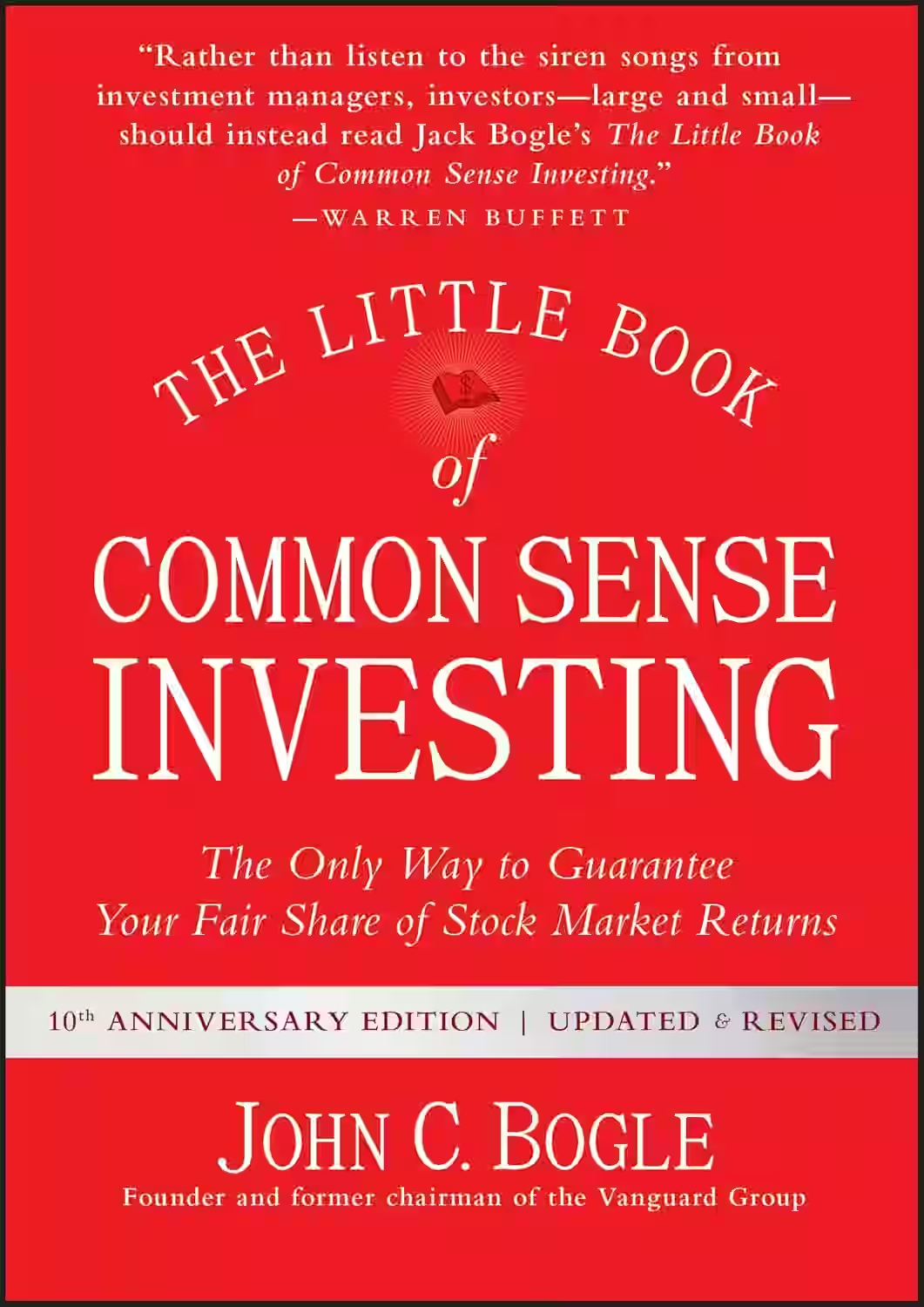
In 'The Snowball: Warren Buffett and the Business of Life,' Alice Schroeder delves into the life of one of the most successful investors of all time, Warren Buffett. The book provides readers with a comprehensive look at Buffett's personal and professional journey, exploring his investment strategies, business decisions, and the principles that have guided his success. By chronicling Buffett's life from his early days to his rise as a billionaire, Schroeder offers valuable insights into the mindset of this legendary figure and the lessons that can be learned from his experiences. 'The Snowball' is a compelling biography that sheds light on the man behind the wealth.
About Alice Schroeder
Alice Schroeder is an accomplished author and former Wall Street analyst known for her insightful biographies. With a background in finance and journalism, Schroeder brought a unique perspective to her writing. Her most notable work, 'The Snowball: Warren Buffett and the Business of Life,' is a critically acclaimed biography of the renowned investor. Through meticulous research and engaging storytelling, she delves into the life and mindset of one of the world's most successful businessmen. Schroeder's work has not only shed light on Buffett's strategies and philosophies but has also inspired readers to think differently about wealth and success in the modern world.
Similar Books

The Little Book of Common Sense Investing
In 'The Little Book of Common Sense Investing', John C. Bogle, the founder of Vanguard Group, delivers a compelling argument for passive index investing as a tried-and-true strategy for long-term financial success. Bogle breaks down complex financial concepts into simple, accessible advice for both seasoned investors and beginners. He highlights the pitfalls of high-cost, actively managed funds and advocates for a low-cost, buy-and-hold approach to investing. With a focus on minimizing fees and maximizing long-term returns, Bogle's book serves as a practical guide for investors looking to navigate the often tumultuous world of finance with prudence and common sense.

The Wealth of Nations: Books I-III
by Adam Smith
Series: The Wealth of Nations (#1)
In Books I–III of The Wealth of Nations, Adam Smith lays the foundation of classical economics by exploring the nature of labor, productivity, and market systems. He introduces the concept of the "invisible hand" and argues that individual self-interest can promote the public good through free-market mechanisms. Book I focuses on the division of labor and value, Book II on capital and stock, and Book III on the historical evolution of economic systems. Smith’s analysis of productivity, competition, and the role of self-regulation revolutionized economic thought and established key principles that underpin modern capitalism and economic theory.

Security Analysis
by Benjamin Graham, David Dodd
In 'Security Analysis,' Benjamin Graham revolutionized the world of investment by introducing the concept of value investing, emphasizing the importance of thorough research and analysis before making investment decisions. Graham's timeless wisdom on intrinsic value, margin of safety, and market fluctuations continues to influence investors worldwide. The book provides a comprehensive guide to understanding financial statements, evaluating stocks, and building a successful investment strategy. With real-life examples and practical advice, 'Security Analysis' equips readers with the tools to navigate the complexities of the stock market and make informed choices. A must-read for both novice and seasoned investors.

My Years with General Motors
In My Years with General Motors, Alfred P. Sloan recounts his leadership of one of America’s most iconic corporations during its rise to industry dominance. Serving as GM’s president, then chairman, Sloan details how he transformed the company through decentralized management, financial discipline, and strategic innovation. His memoir provides deep insight into corporate governance, organizational structure, and long-term planning. More than a personal narrative, the book is a blueprint for modern business practices and executive leadership. It has been widely studied by business schools and executives, offering timeless lessons on scale, efficiency, and adapting to change in a competitive marketplace.